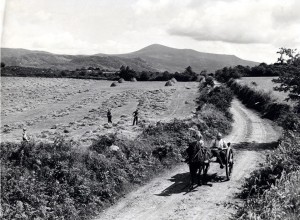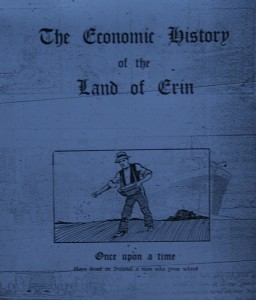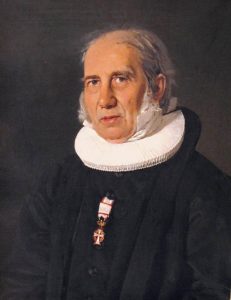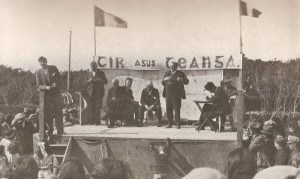Secularism, theology and Islam : the Danish social imaginary and the cartoon crisis of 2005-2006
by Veninga, Jennifer Elisa, author
Publication date 2014
Topics Muḥammad, Prophet, -632 -- Caricatures and cartoons, Muḥammad, Prophet, -632, Caricatures and cartoons -- Denmark, Islam -- Caricatures and cartoons, Religion -- Caricatures and cartoons, Islam and secularism -- Denmark, Religion and sociology, Caricatures and cartoons, Islam, Islam and secularism, Religion, Denmark
Publisher London ; New York, NY : Bloomsbury Academic
Collection inlibrary; printdisabled; internetarchivebooks
Digitizing sponsor Kahle/Austin Foundation
Contributor Internet Archive
Language English
xii, 211 pages ; 24 cm
Secularism, Theology and Islam offers a uniquely theological analysis of the historic Danish cartoon crisis of 2005-2006, in which the publication of twelve images of the Prophet Muhammad in the Danish newspaper Jyllands-Posten ignited violent global protests.
The crisis represents a politically, culturally, and religiously important event of the early 21st century, and Jennifer Veninga explores the important question of why the cartoons were published in Denmark when they were and why this matters to the larger global community.
The book outlines three main interpretations of the affair as they were framed by international news media: as an issue exclusively about freedom of speech, as related to a 'clash of civilizations', or exclusively as a matter of international politics.
Whilst these are important to note, the author argues that the crisis was far more complex than any of these interpretations suggest, and argues that an alternative methodology can be found in philosopher Charles Taylor's concept of the 'social imaginary', which refers to the shared norms, expectations, images and narratives of a community or nation that inform many of its shared practices.
Describing the Danish social imaginary as a paradox of Christianity and secularism, Veninga explains why the new presence of Islam has been perceived as such a threat to Danish identity.
The author also maintains that despite tendencies toward exclusion, the Danish imaginary also supports a move toward authentic religious pluralism.
Understanding the Danish cartoon crisis is important for any community struggling with new religious diversity, especially those with largely secular identities. Furthermore, the method used to examine the crisis provides a theological analytical framework applicable to a wide variety of contemporary social and political movements and issues
Includes bibliographical references (pages 185-201) and index
1. A Historical Sequence of Events: The Crisis of 2005 -- 2006 --
2. Immediate Interpretations of the Crisis --
3. The Social Imaginary as Theological Methodology --
4. Popular Understanding: Folkelighed and N.F.S. Grundtvig --
5. Popular Practices and their Critique: The People's Church and theWelfare System --
6. Contextualizing the Danish Social Imaginary: Difference, Othernessand Islam --
7. The Cartoons as Expression of Encounter
Conclusion: The Possibilities of Paradox and Theology for a Secular Age
Access-restricted-item true












